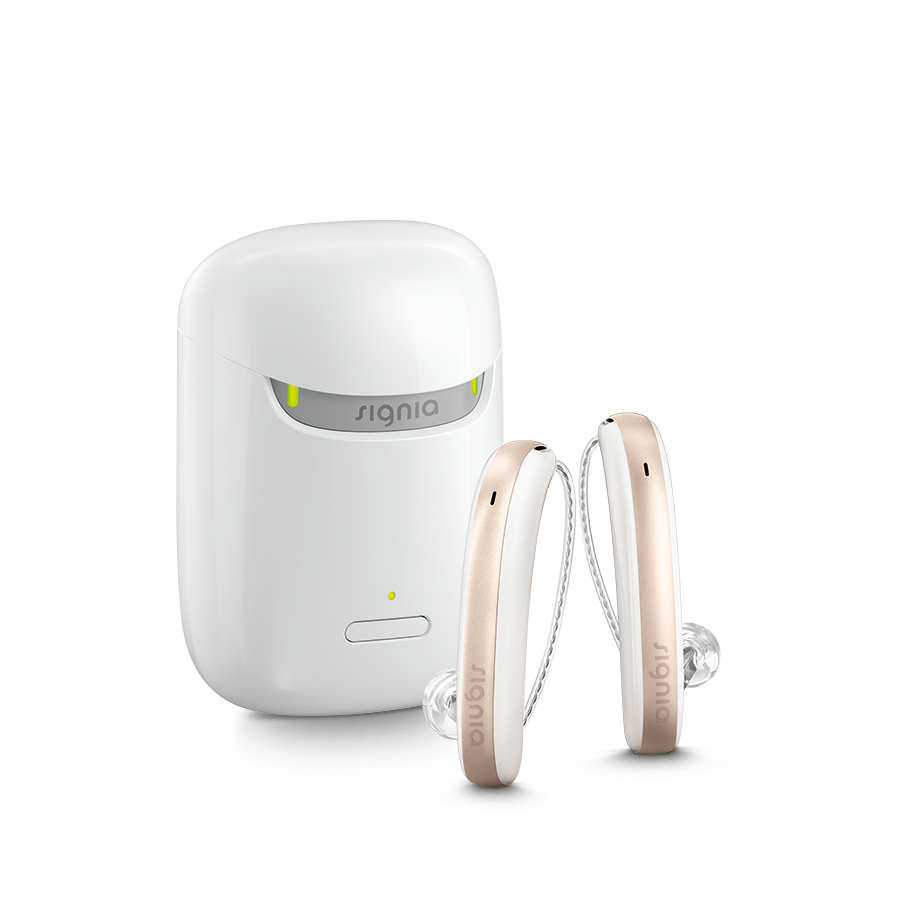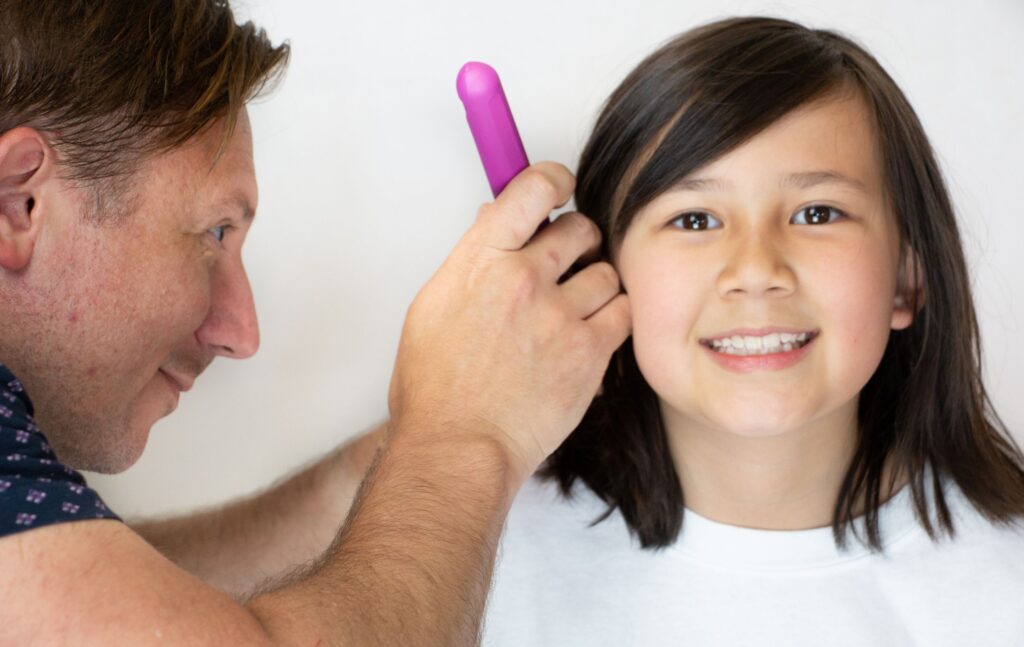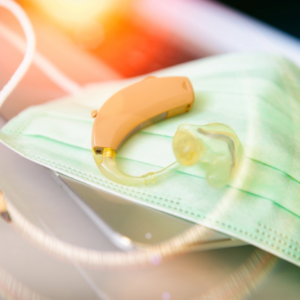Central Auditory Processing Disorder (CAPD or APD) is a sensory disorder that affects how the brain processes sound. CAPD can make it difficult to understand speech, especially when there is background noise or multiple speakers.
CAPD can be associated with other problems such as difficulty learning in school and social isolation.
In Australia, it is estimated that about 5% of school-aged children have some form of auditory processing disorder. The severity and type of APD differ between individual children. A comprehensive auditory processing test performed by a qualified audiologist can identify what additional support a child may need.
This condition is caused by a delayed maturation of the central auditory system, which is located in the brainstem.
The disorder can result in difficulties with speech comprehension, short-term memory, and language skills. The individual may also experience difficulty understanding environmental sounds and distinguishing between similar words.
Children with APD often have difficulties focusing on instructions from the teacher, have trouble remembering verbal instructions, and become distracted easily in class. CAPD kids often fall behind in their literacy and reading abilities.

Classroom Amplification is the process of amplifying a teacher’s voice so that it is directly streamed to ear-level auditory processing aids worn by the student.
There are many benefits to using classroom amplification. One of which is that it helps students who have hearing impairments or processing disorders, as well as those who are sitting at the back of the room and cannot hear what the teacher is saying.
In fact, classroom amplification has been shown to be beneficial to all students in noisy classroom environments. It helps children avoid any unnecessary distractions from other sources such as conversations going on around them or other noises in the room to focus on the teacher’s voice directly.
Call us on 1300 327 776 directly for an eligibility check. In most cases, we can tell you straight away if you are eligible and if you may need hearing aids for an auditory processing disorder.
Ability Hearing and Balance provides comprehensive hearing and Auditory Processing testing across Tasmania for children aged 5 years and older, all the way through to adulthood. More and more, we are diagnosing previously undiagnosed CAPD cases in adults, who may need hearing aids for their auditory processing disorder.

- The teacher wears a remote lapel microphone which captures their voice.
- The teacher’s voice is then streamed to some ear-level devices worn by the child.
- This allows the child to focus on the teacher’s voice without distraction.

All learners can benefit from classroom sound amplification systems like an auditory processing aid. The goal of the sound system is to cut the distance the teacher’s voice has to travel to a child’s ears to capture their focus and attention.
These devices are specifically designed to help:
- Children diagnosed with CAPD
- Children with spatial processing disorders
- Children with recurring ear infections
- Children with diagnosed hearing loss
- Children with attention deficits
Our experienced Audiologists have been diagnosing and supporting Tasmanian kids with auditory processing disorders for decades, contact Ability Hearing and Balance for an APD assessment near you.

Auditory training is a type of therapy that helps people with speech and language difficulties. It is also known as “listening and spoken language therapy”.

Auditory Training to help struggling learners
The aim of auditory training is to improve listening skills, language skills, and social skills.
Auditory training can be done in many different ways, but the most common are:
– Listening games
– Listening tasks
– Auditory memory tasks
Your audiologist may recommend auditory training for a child diagnosed with auditory processing disorder with or without a classroom amplification system, depending on the test results.

Fast ForWord Program
Fast ForWord is a program that is used to help people with learning disabilities. It has been proven to be very effective in helping children with auditory processing disorders, dyslexia, ADHD, and autism.
The program was originally created by Professor Brian Butterworth in the 1980s. The program is backed by over thirty years of neuroscience research. APD kids access the guide program at home at an intensity and frequency designed to facilitate rapid improvements in cognitive capacity for literacy and reading skills.

Our APD testing protocol
Ability Hearing and Balance is a Tasmanian local clinic built on trust and reputation. As parents of school-aged children ourselves, we understand that an APD diagnosis is only the first step in support. For us, it is more important to focus on what can be done to help the kids we see who are struggling at school with reading and writing. The focus of our APD clinic is long-term support for your child’s learning. We work alongside child & educational psychologists, speech pathologies, occupational therapists, teachers, and tutors to devise a treatment plan tailored to your child’s needs and learning preferences.



